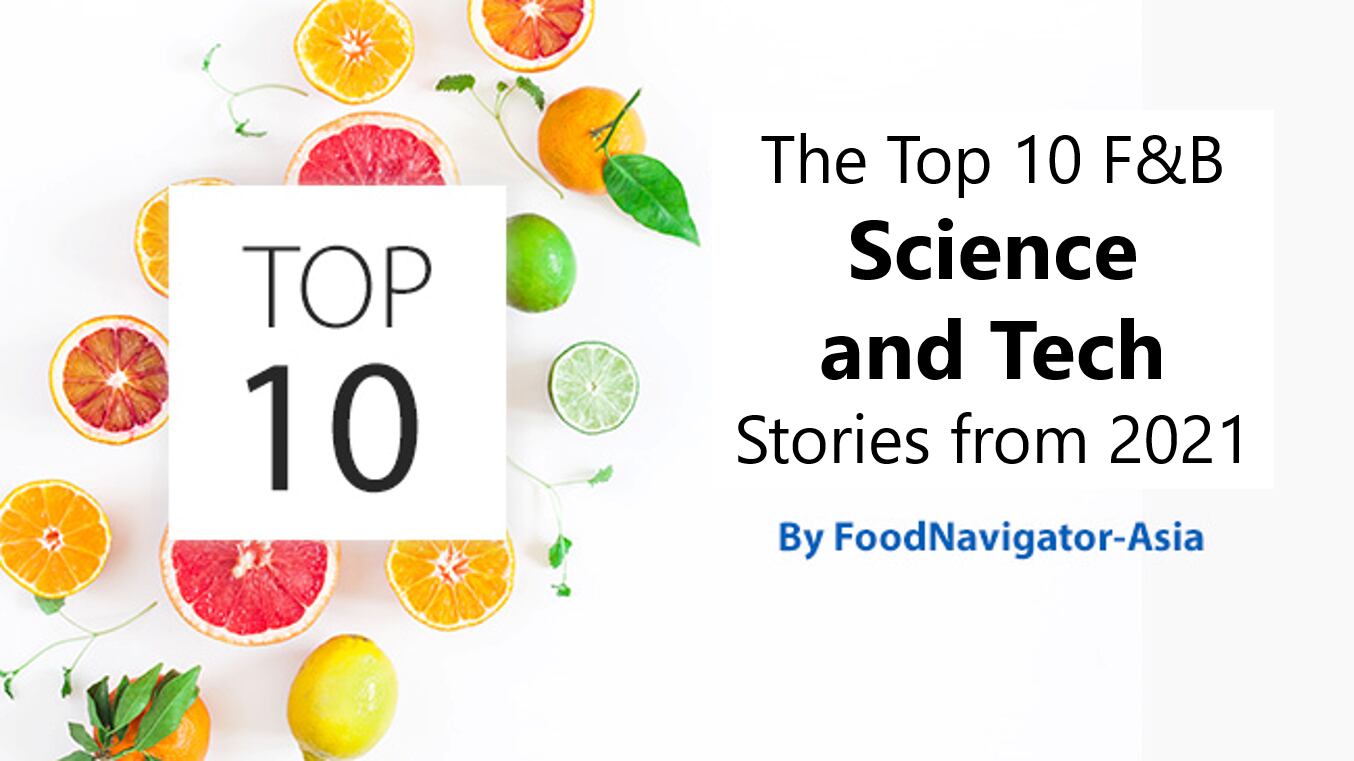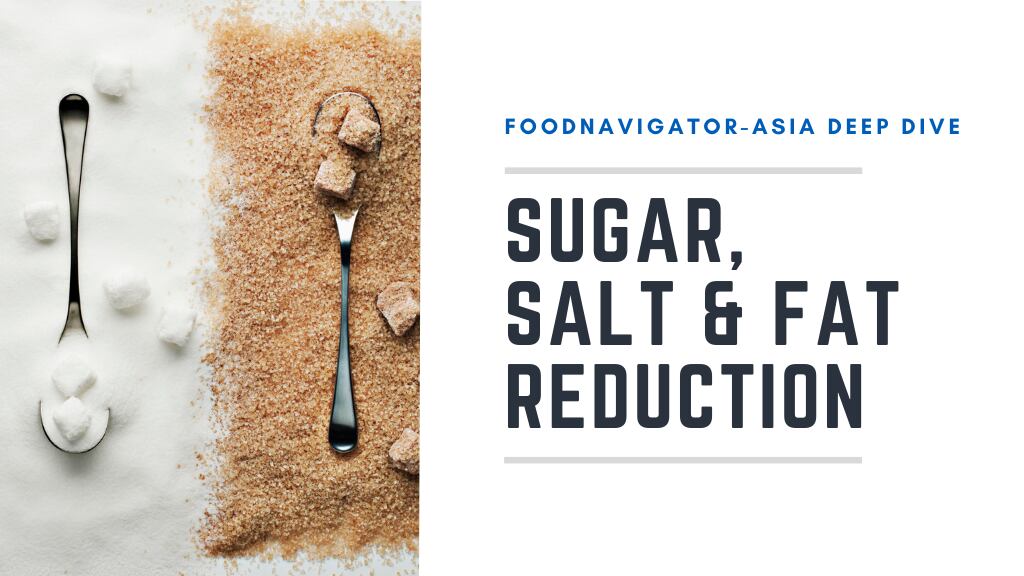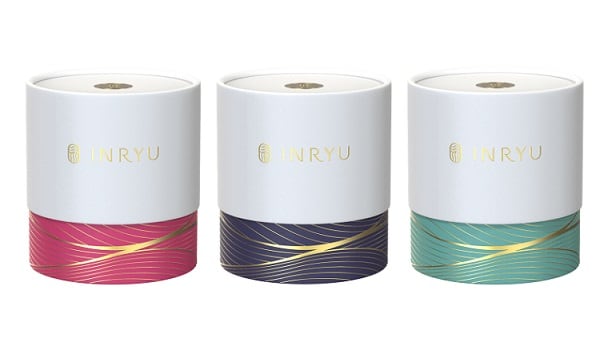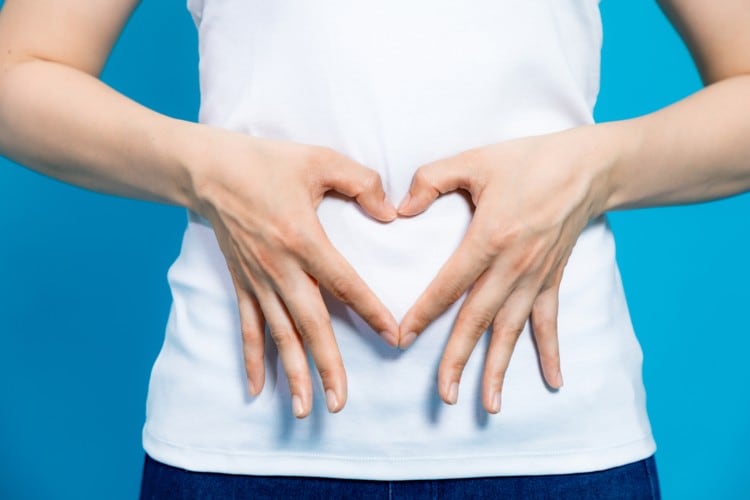Covid-19 and food transmission: Meat, dairy, nuts, fruit and veg potential carriers, but may not spread virus - Review
More studies are emerging of food products as a potential carrier for SARS-CoV-2, the coronavirus causing COVID-19, according to a review of the research, but there is no evidence of it leading to transmissions.
China found the virus on mostly imported frozen foods from some 20 countries earlier on in the pandemic, and the country started ramping up checks on incoming food imports and tightening its cold chain management in hopes to prevent a resurgence of COVID-19.
Researchers from Iran’s Shahid Beheshti University of Medical Science, said while SARS-CoV-2 may be present in food and even food packaging, it does not necessarily mean it was viable and capable of causing infection.
In particular, laboratory studies showed that SARS-CoV-2 remained highly stable under refrigerated conditions (4°C) and freezing conditions (−10 to − 80°C) on fish, meat, poultry, and swine skin, between 14 to 21 days.
‘Biggest dairy breakthrough since pasteurisation’: Aussie firm set to launch high-nutrient, high-digestibility milk products this year
Australia-based Naturo is set to launch its high-nutrient, high-digestibility fresh milk products processed without pasteurisation using world-first technology that will also allow for extended shelf life.
According to Naturo Founder and CEO Jeff Hastings, Naturo will be launching a range of nutrient-rich milk products with high digestibility and long shelf-life under the Wholey Milk Company brand.
“We will start with select retail outlets in Queensland first before expanding production and supply nationally, and then internationally in 2022,” Hastings told FoodNavigator-Asia.
“The first initial products will be cow’s milk only, but there is definitely potential for our [milk processing technology Haelen] to be applied to other types of milks and also contribute to value-added dairy products [such as yoghurt], and in industries where unpasteurised milk is desired such as cheese.”
Fish fraud findings: Almost 20% of fish in Taiwan found to be mislabelled - study
About 20% of fish products in Taiwan are mislabelled, with snapper, cod and surimi products found to be the most vulnerable to fraudulent substitution.
Analysing 127 fish samples collected from supermarkets, markets and restaurants in Taiwan, researchers found that 24 samples were mislabelled, ranging between 12.5% to 26.8% depending on the fish. The gross seafood mislabel rate in Taiwan is 18.9%.
Correct product labels are essential for ensuring fair trades and preventing consumers from receiving pathogenic, allergenic, or toxic seafood.
However, labels are often subjected to fraud, one example is through substitution where the fish is sold by the name of a different, and often more expensive fish.
Coconut and COVID-19: Philippines DOST-led study reveals virgin coconut oil reduce symptoms in suspected patients
A study led by the Philippines Department of Science and Technology (DOST) revealed that suspected COVID-19 patients administered with virgin coconut oil (VCO) had reduced symptoms and a faster recovery phase compared to the control group.
Conducted by the Food and Nutrition Institute (FNRI) at DOST, the findings were presented in a virtual briefing by DOST Secretary Fortunato dela Peña. The study recruited 57 suspected COVID-19 patients in two quarantine facilities in Laguna, Santa Rosa Community Hospital Isolation Unit and Santa Rosa Community Isolation Unit.
According to project leader, Dr Imelda Angeles-Agdeppa, director of DOST-FNRI, the primary outcomes of the study were diminishing signs and symptoms such as better breathing, and lesser frequency of coughing, as well as lower levels of C-Reactive Protein (CRP).
She said that symptoms in the VCO group significantly reduced by day two, while the control group only saw symptoms reduced at day three.
Nu approach: Egg firm Nuyolk plans clinical study to validate health claims of astaxanthin fortification
Singapore fortified egg firm NuYolk, which goes beyond the traditional addition of omega-3 to include asataxanthin, selenium and a range of vitamins, is planning to conduct clinical studies to validate their benefits.
Most fortified eggs in the market typically contain single ingredients such as omega-3 fatty acids (DHA or ALA), or some are fortified with vitamin E or selenium.
However, Nuyolk created an ambitious blend of nutrients that have been studied extensively on an individual basis for their health benefits.
In particular, it contains astaxanthin, which is an antioxidant and has anti-inflammatory properties.
Hard cell? Research reveals the consumer hurdles for cell-based meat adoption in China
Almost half (49.7%) of Chinese consumers surveyed say they were willing to sample cell-based meats, but almost as many (47.2%) said they would not wish to eat it regularly.
Researchers from France found that while the novelty factor may prompt a first try, it would be much harder to covert this into sustained consumption.
The survey results showed that 19.9% and 29.8% of respondents were definitely and probably willing to try cell-based meats respectively. The other half were unsure and not willing to try.
‘Mathematically optimised meals’: Singapore 3D food printing firm ready for commercialisation with personalised nutrition technology
Singapore-based 3D food printing firm Anrich3D has revealed its plans to go commercial and bring 3D printed foods with personalised nutritional profiles to the market for both consumers and businesses.
Anrich3D is a spinoff from the Nanyang Technological University (NTU) in Singapore, established in collaboration with NTU and the AllSpice culinary institute with the aim of bringing personalised nutrition to the next level by printing out food based on nutritional needs.
“There any many health apps, dieticians, websites etc. available today that are able to give personalised nutritional advice, but the hardest part is to implement that advice into actual food and meals,” Anrich3D Founder Anirudh Agarwal told FoodNavigator-Asia.
“[What I am looking at doing is] to create a platform for everyone to produce personalised meals based on [this nutritional advice], so using food 3D printing, we just print out the precise amounts of required ingredients for optimal nutrition, to get the ultimate mathematically optimised meal.”
‘Tetra Pak’ for meats: Hong Kong’s IXON on shipping fresh meat from US to Asia without the need for cold chain
Hong Kong-based IXON Food Technology, which has developed advanced sous-vide aseptic packaging (ASAP) to store fresh meat, fish and seafood at room temperature for up to two years, is building a pilot plant in the United States as part of its plans to grow its B2B and D2C channels.
IXON has worked with more than 25 companies worldwide, including Italian chicken processor Amadori, US meat processors Cargill and Tyson Foods, seafood producer Thai Union, hygiene solution provider Ecolab as well as packaging firm Sealed Air.
Founder, Felix Cheung described IXON as the ‘Tetra Pak’ for solid foods. “We are sort of like Tetra Pak who does aseptic packaging for beverages and milks, but instead, we are doing solid foods, so proteins like meat, fish, seafood.” The ASAP technology also applies to fruits and vegetables.
Japan nuclear monitoring: Tests show radioactivity concentration decreased in most foods products within five years
Monitoring tests of Japan’s food products after the 2011 Fukushima nuclear accident showed that drinking water, milk and infant food were within the radioactivity concentration limits after five years, but some samples from the wild animal meat and agricultural categories still showed high radioactivity.
The Fukushima Dai-ichi Nuclear Power Plant accident occurred in March 2011, releasing radionuclides into the environment.
In 2012, the government set standard limits for radionuclide in foods, specifically radioactive cesium. The limits were set at 10 Bq/kg for drinking water, 50 Bq/kg for milk and infant food, and 100 Bq/kg for general foods which includes wild animal meat, fishery and agriculture.
Based on these standard limits, local governments in 17 prefectures have conducted their own monitoring tests, to ensure that foods exceeding the standard limit are not distributed, recalled, and disposed.
Pandemic snack attack: Rise of work-from-home culture driving snacking trend in Australia - Mondelez report
The rise of the work-from-home culture in Australia ever since the COVID-19 pandemic hit has simultaneously led to a rise in snacking frequency, especially among younger consumers, according to a report by Mondelez Australia.
Mondelez’s State of Snacking 2020 report was much focused on the COVID-19 pandemic’s impact on the snacking industry, and for Australia in particular, an obvious positive upwards impact was observed on local consumers’ snacking behaviour as a result of more people working from home during lockdowns.
“[We] surveyed over 500 people [and saw] more snacking for many Australians [and the] results [have shown] a significant change in eating habits brought about by the pandemic,” Mondelez Director of Strategy, Insights and Analytics Tom Kimpton said.





